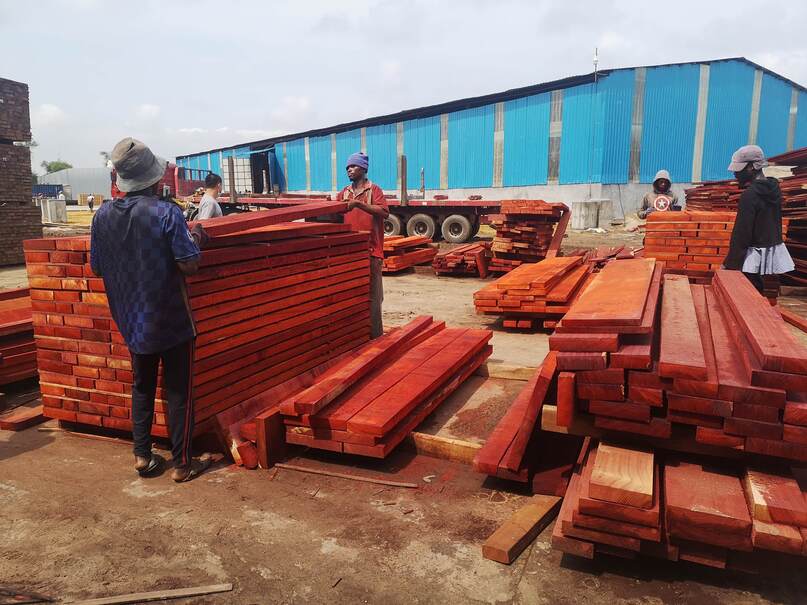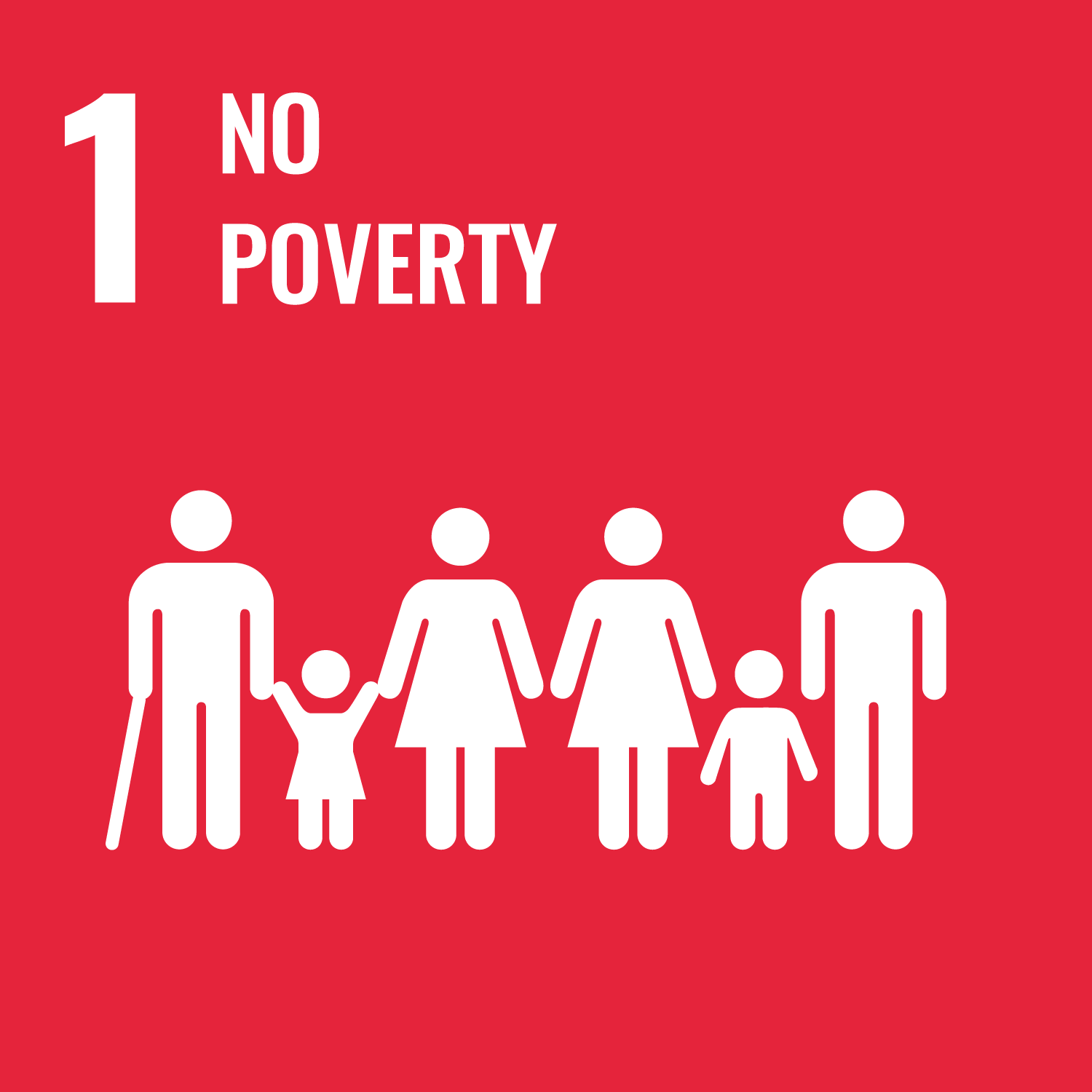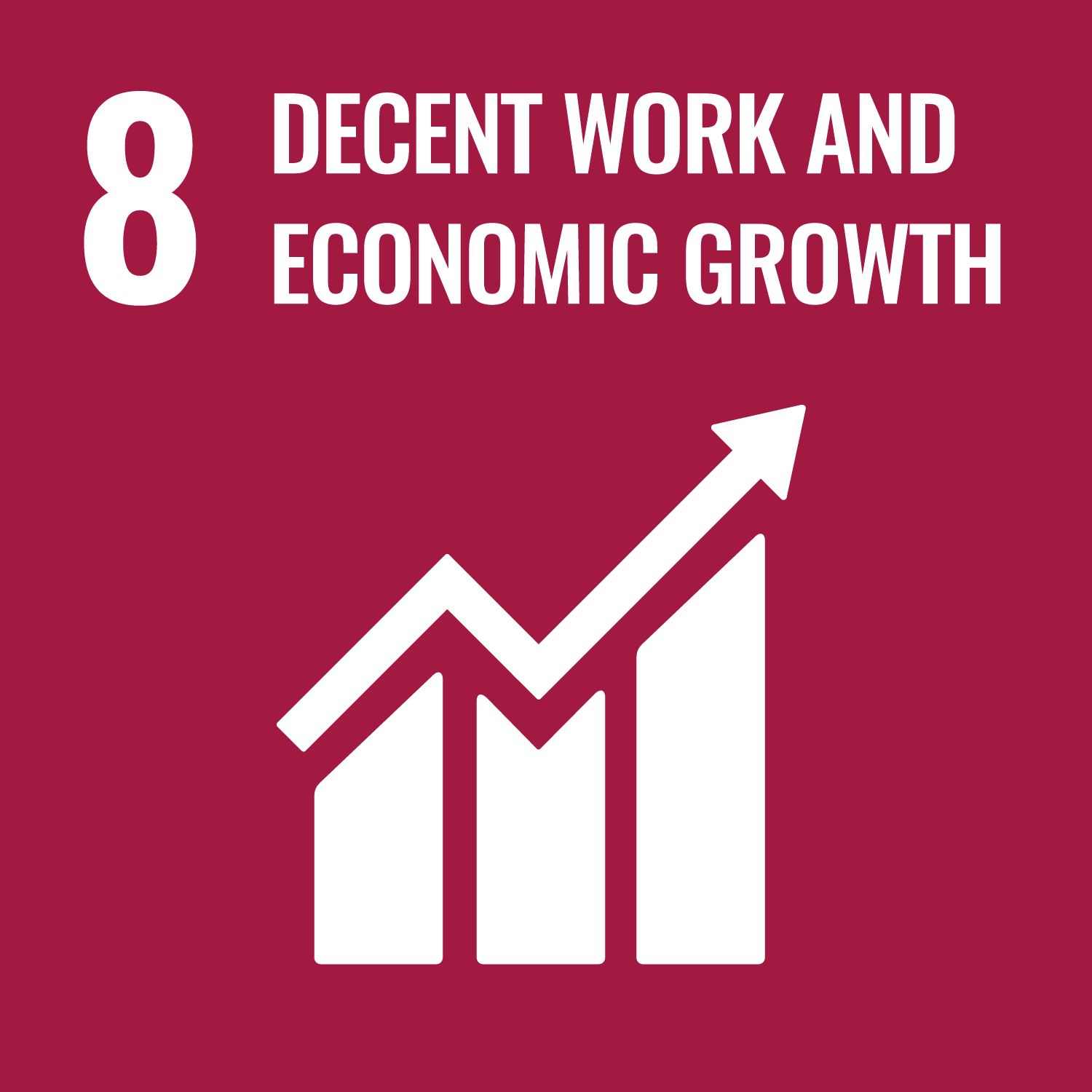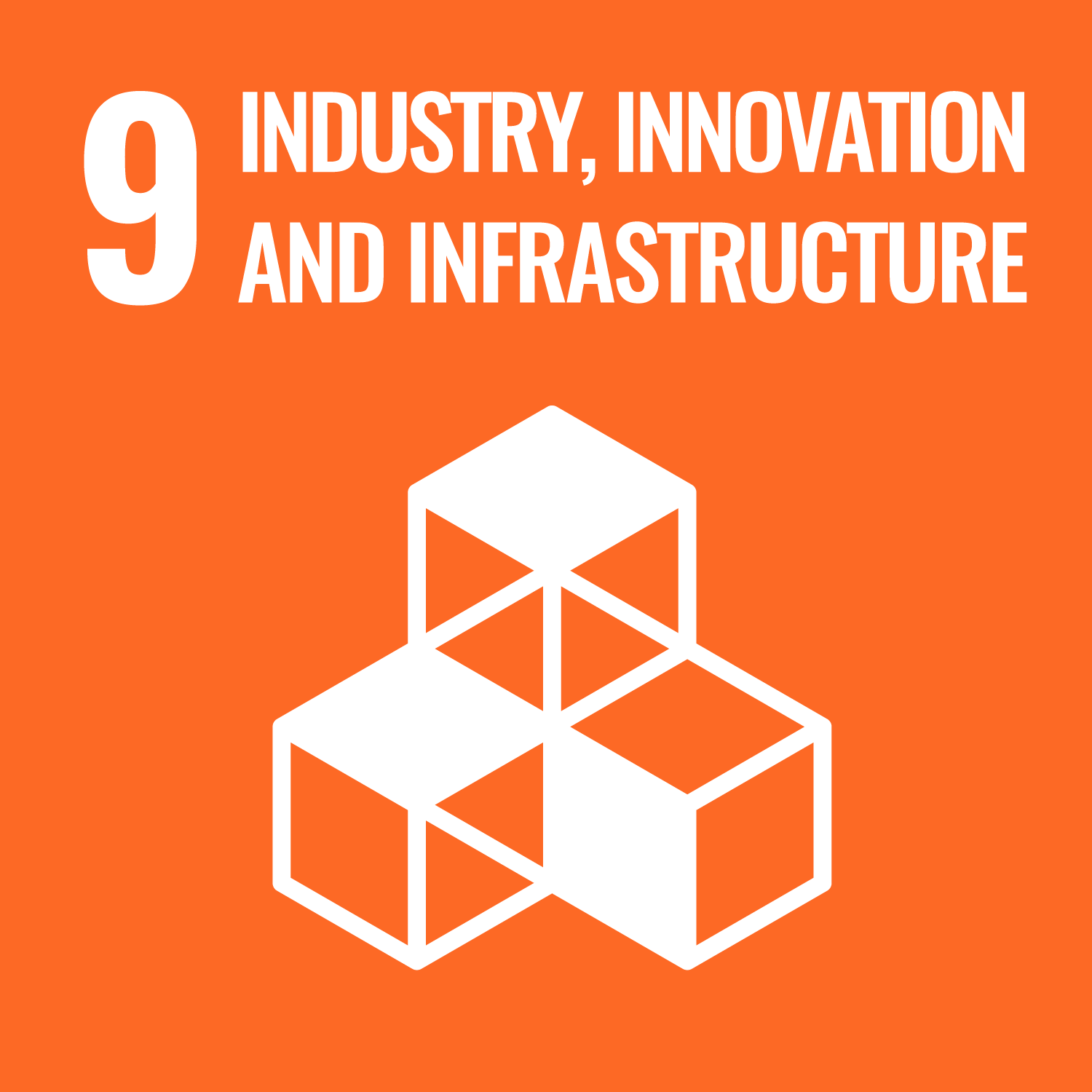Capacity building needed urgently in Africa to avoid detrimental impacts of timber trade measures
10 June 2024

Sorting sawnwood at a yard in the Democratic Republic of the Congo. Photo: Li Yinfeng
10 June 2024: ITTO has urged more attention to the need for capacity building and training in the Congo Basin to ensure that the region’s vital forest sector and timber industry will be able to meet the requirements of the European Union Deforestation Regulation (EUDR) and other international trade measures.
ITTO Executive Director Sheam Satkuru delivered a keynote address at the ITTO-convened Thematic Workshop 3 on timber value chains during the 20th Meeting of the Parties (MOP20) to the Congo Basin Forest Partnership (CBFP), which took place last week in Kinshasa, Democratic Republic of the Congo. The workshop, which was held on 4 June 2024, involved participants from the Congo Basin, European countries and international organizations.
Ms Satkuru emphasized the work that ITTO had conducted in the Congo Basin countries since the Organization’s inception in 1986 and highlighted ITTO as the only intergovernmental organization which had a full mandate on tropical forestry and especially on the diversification of trade in legally harvested and sustainably managed forest products.
In her address, Ms Satkuru said meeting requirements such as those mandated by the EUDR and the Convention on International Trade in Endangered Species of Wild Fauna and Flora (CITES) to enable sustainable and legal timber trade is a complicated process, especially for small-scale operators. The EUDR could have a particularly significant impact on the timber trade in Africa unless strenuous efforts were made to quickly enhance capacity among timber producers in the region. The biggest challenge, Ms Satkuru said, is obtaining the necessary evidence that wood is legal and deforestation-free.
“Many are ill-prepared for this regulation,” she said. “Forest enterprises in the tropics may face difficulties in collecting and providing the information needed to access European Union markets.”
This information includes the geocoordinates of all plots of land where wood is harvested; the date or time range of harvesting; and information about the product itself. Producers will also need to provide evidence that the wood was harvested legally and that it did not originate from a plot of land where deforestation or forest degradation occurred after 31 December 2020. Additional information might be required for wood originating in “high-risk” economies.
CITES requirements are also increasingly demanding, with the number of tree species listed in CITES Appendixes (mostly Appendix II) growing from 18 in 1975 to around 700 today. Currently, all 16 range States of African rosewood (Pterocarpus erinaceus) are subject to trade suspensions until non-detriment findings and legal acquisition findings can be completed to the satisfaction of the relevant CITES bodies.
In her address, Ms Satkuru outlined ITTO’s role in facilitating sustainable forest management (SFM) and legal and sustainable timber supply chains, such as helping improve the policy and legal environment in countries and internationally, improving data and knowledge, promoting stakeholder involvement, and increasing capacity. On the latter, ITTO is working in diverse areas to help build capacity for the legal and sustainable trade of tropical timber in Africa, such as a seven-year project to strengthen the capacity of forestry and environmental training institutions in Central Africa to provide students with the knowledge, skills and qualifications needed to implement SFM in forest concessions, and another to develop training curricula for Central African countries on legal and sustainable timber supply chains.
Also during the workshop, ITTO consultant Olivier Ahimin presented on the wide range of work ITTO is conducting with partners in the Congo Basin and elsewhere in Africa to advance sustainable forestry through the use of criteria and indicators for SFM and to strengthen legal and sustainable timber value chains. The ITTO criteria and indicators for the sustainable management of African tropical forests, published last year, is tailored specifically for the African forest sector, which is of major socioeconomic importance for communities and economies in Africa.
ITTO Market and System Analyst Li Qiang gave a detailed insight into ITTO’s Legal and Sustainable Supply Chains programme. Among other things, his presentation highlighted the work of the Global Timber Index platform, which produces monthly reports tracking the performance of the timber sector in eight pilot countries; the Global Legal and Sustainable Timber Forum (GLSTF), which aims to increase networking, collaboration and business exchange among timber industry stakeholders and of which the GLSTF 2024 will be held on 11–12 September 2024; and an ongoing study on a blockchain-based timber traceability system.
Workshop participants recognized the economic and environmental importance of SFM in African countries and the need to take a positive, proactive capacity-building approach to address weak forest governance and remain competitive in the changing trading environment. They called on ITTO and the international community to strengthen efforts in the region in this regard.
MOP20 of the CBFP adopted five recommendations arising from the Thematic Workshop, as follows:
1. Advocacy for the consideration of the Democratic Republic of the Congo as a country-continent
2. Payment of arrears of contributions by ITTO member countries
3. Develop networking for information sharing
4. Consider developments and implications brought by artificial intelligence
5. Urgently enhance capacity building and training for forestry officials and the private sector on tropical timber and wood products on legal and sustainable supply chains and CITES most recent listing of African species.
Download the presentation and synthesis below






